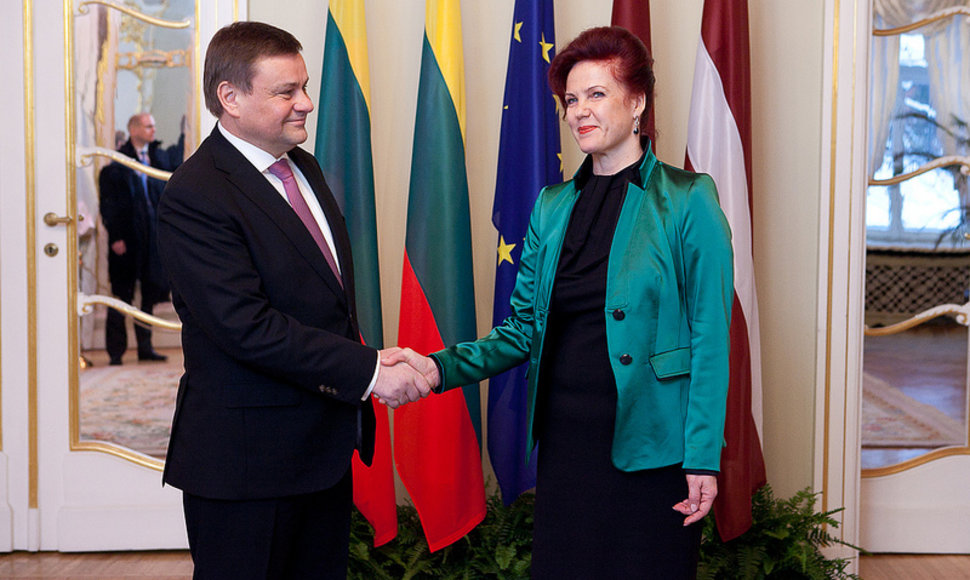Gedvilas, of the Labor Party, said that negotiations should be continued on the matter, although the majority of Lithuanians voted against the nuclear facility in a referendum.
"We should once again sit down at a negotiations table, experts should have a say here, specialists should speak at the top level, and it simply takes time. I cannot say today whether the nuclear power plant should or should not be constructed," Gedvilas told journalists in Riga.
At a news conference held after meeting with his Latvian counterpart, Solvita Oboltina, Gedvilas said he informed her about a parliamentary task force set up after the NPP referendum.
"I presented our referendum results. We have now set up a task force, which will make certain decisions as to the steps we will take to solve issues about the construction of the nuclear power plant," the newly-appointed Lithuanian speaker said during his maiden foreign trip.
The parliamentary speaker said that energy issues should be addressed shortly by Lithuanian and Latvian prime ministers and cabinet members.
In Gedvilas' words, the Lithuanian administration so far hasn't done a good job in explaining the perspectives of the nuclear power plant to the society.
"If the power plant is beneficial, this should have been communicated to people to gain their confidence and votes," the politician said.
In a non-binding referendum on 14 October, 62.68 percent voted against the new facility. The voter turnout was 52.6 percent.
The Lithuanian Social Democratic Party, that won the parliamentary elections, pledged to give up the Visaginas project. Birutė Vėsaitė, who has been designated as the minister of economy, said last month that "for a small country like Lithuania, the Visaginas project is too costly and too risky."
Nevertheless, the draft program of the center-left government no longer includes the provision to terminate the Visaginas NPP project. According to the document, the National Energy Strategy will be revised to assess "perspectives of nuclear energy."
An earlier program draft, which had been received by BNS, featured a provision that, in the light of the results of the referendum, "the 16th government will not continue the project."
Under the project of the outgoing center-right government, construction of the 1,350 meg-Watt nuclear plant would involve Japanese corporation Hitachi and energy companies of the three Baltic states. The power plant was planned to be operational by 2020-2022.












